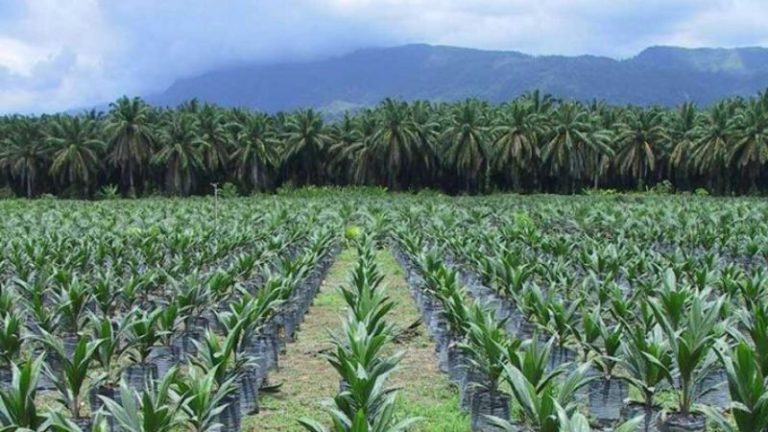The National Agency for the Great Green Wall (NAGGW) has procured five million date palm seedlings for distribution across 11 frontline northern states to combat desertification and promote economic development in the region.
Director-General of the Agency, Saleh Abubakar, made the disclosure on Monday during a courtesy visit to some traditional rulers in Yobe as part of the agency’s environmental sensitisation efforts.
Abubakar said the initiative was part of the agency’s mandate to fight land degradation and the impact of climate change.
The gesture, according to him, would significantly boost the nation’s economy and provide long-term environmental benefits.
According to him, we procured five million date seedlings for onward distribution in 11 frontline northern states to improve the economic activities of our region.
“Each date tree can produce fruits worth about N1 million annually. If a person cultivates 20 trees, he can potentially earn up to N20 million yearly.
“The tree produces twice a year and reaches maturity within four years.
“We are projecting that this initiative could inject over N300 billion into the economy when fully implemented,” he added.
Abubakar emphasised the need for collective action towards restoring the degraded environment and urged communities to support tree planting and nurturing.
“We are here to mobilise people to understand the importance of planting and nurturing trees to restore balance in the environment and make it more habitable for both man and animal.
“We also intend to plant 350,000 assorted tree species in Yobe this planting season, which begins in July,” he said.
He noted that the effects of climate change were now being felt across the globe, citing a personal experience of extreme morning temperatures.
“This morning, the temperature in my room was 40 degrees Celsius. This is unprecedented and clearly shows how climate change is affecting us.
“We must act now. I urge everyone to plant at least one tree to help safeguard our environment,” the DG said.
In his remarks, the Emir of Damaturu, Alhaji Shehu El-Kanemi, described the project as timely and crucial to addressing desertification in the region.
“The project came at the right time, considering the environmental challenges facing the North, especially Yobe State.
“It is a welcome development and a significant step toward sustainable development,” the Emir said.
He assured the agency of full support from the traditional institution, saying, “We will be up and doing to support this project and ensure it succeeds.”
Also speaking, the Emir of Fune, Dr Idris Ibn-Usman, said his domain was among the worst affected by erosion and desert encroachment, which had displaced many households.
“As an environmentalist by profession, I know that many of these issues are man-made due to indiscriminate tree felling without replacement,” he said.
He welcomed the initiative and cited the neem tree, introduced by the late Premier of Northern Nigeria, Sir Ahmadu Bello, as a success story of afforestation.
Similarly, the Emir of Potiskum, Umar Bubaram expressed concern over the delayed rainfall in the current farming season.
“By this time in previous years, farmers had already started planting.
“But we are approaching the end of May and the rains are yet to come. This shows the serious impact of climate change,” he said.
He lauded the date tree planting initiative as a strategic move that would boost both food security and the economic fortunes of the region.
The Great Green Wall initiative is a pan-African effort aimed at restoring Africa’s degraded landscapes and combating desertification across the Sahel region.
NAN



